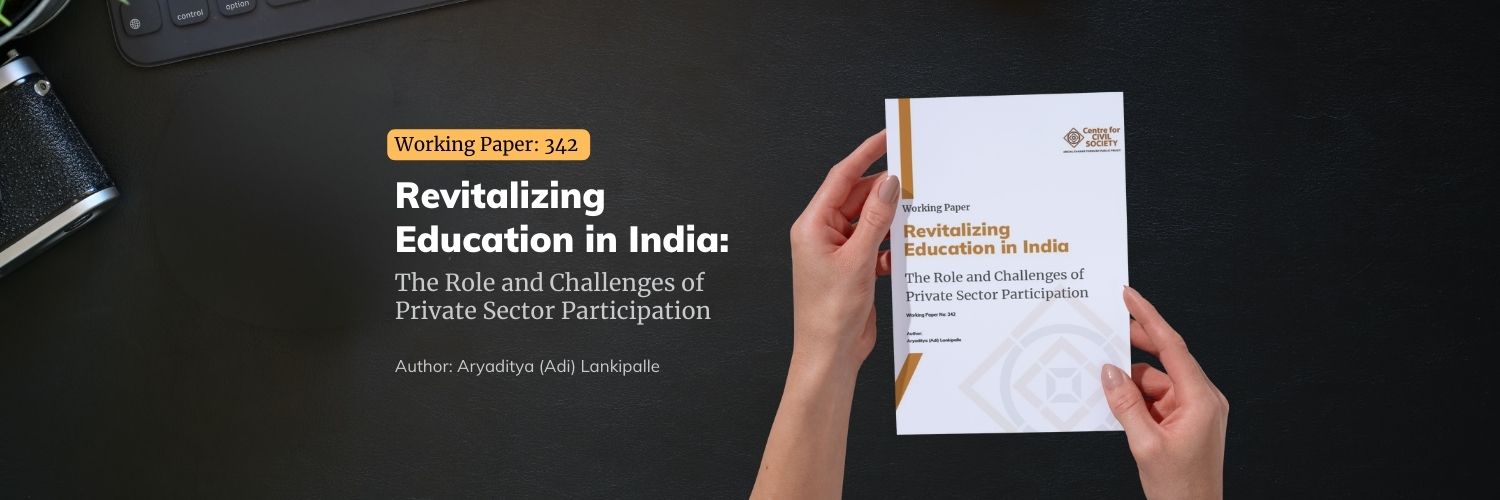Education in India is a concurrent subject. Both Union and state governments can regulate school education. This has led to varying rule-sets across states. We compiled existing rule-sets for all states in India using legislation listed on the State Department website and online sources including Laws of India, Manupatra, Bare Acts Live and Latest Laws.
We collated 145 Acts and 101 corresponding rules across all states. On average, each state has 4 Acts and 3 rules approximately. Uttar Pradesh has the highest number of state Acts at 11 and Karnataka has the most number of rules at 17. Arunachal Pradesh, Chhattisgarh, Chandigarh, Kerala, Nagaland and Uttarakhand have 1 state Act each. Generally, southern states have a higher number of rule-sets than northern states. We could not find any rule-sets for Andaman & Nicobar Islands, Dadra & Nagar Haveli and Lakshadweep.
We also classified all rule-sets as per the touchpoint they were meant to regulate. For instance, we categorised the U.P. Self-Financed Independent Schools (Fee Regulation) Act, 2018 under “fees in private schools.”
For all states with rule-sets, we found legislation regulating the process for opening a school. Most states have Acts apart from the RTE Act 2009 that still apply to this process. A few examples are the Delhi School Education Act and Rules 1973, Orissa Education Act, 1969 and Gujarat Educational Institutions (Regulation) Act, 1984. Rajasthan Non-Government Educational Institutions Act, 1989 also lays out recognition norms but Rajasthan RTE Rules 2011 mandate recognition only under the older Act. Similarly, all states with rule-sets apart from Tripura, regulate the employment of teachers in private schools.
Currently, the regulatory framework for K-12 education in India is ridden with obstacles for edupreneurs. In order to build an effective regulatory environment that allows the best-placed edupreneurs to enter the education sector, we need to facilitate the shift towards principles-based regulations.

P&G Betiyan Scholarship 2024-25
P&G Betiyan Scholarship Program, launched in collaboration with the Centre for Civil Society in 2021-22, is focused on addressing the gender gap in STEM education (Science, Technology, Engineer


